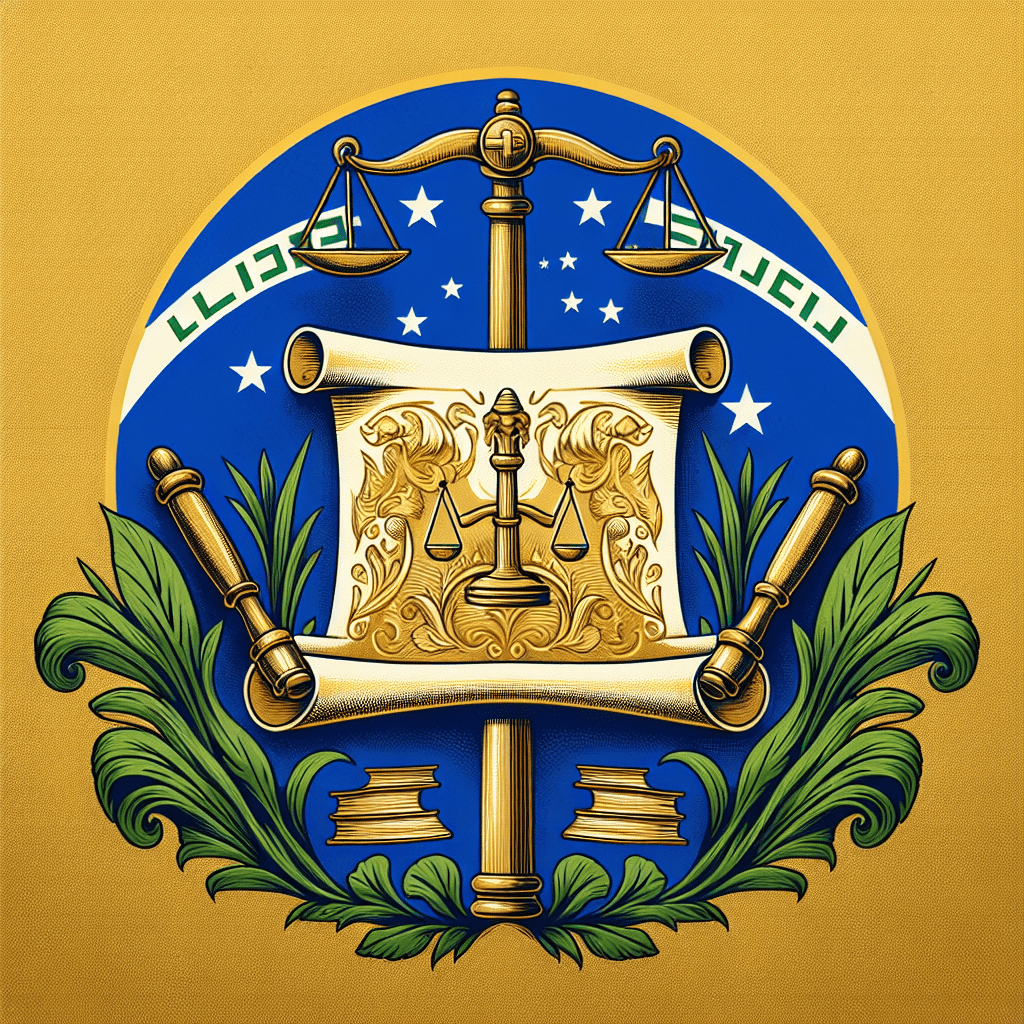Introduction
When traveling to a new country, it’s important to familiarize yourself with the rules and cultural norms in order to have a smooth and respectful experience. Each country has its own unique customs and regulations that should be respected by visitors. In this article, we will explore the key elements of the rules and cultural norms in Brazil, offering practical tips for travelers to ensure an enjoyable and respectful stay.
Key Elements
Element 1: Greeting Etiquette
In Brazil, greetings are an important part of the culture. When meeting someone for the first time, a handshake is common. Brazilians are generally warm and friendly, so expect a lot of hugs and kisses on the cheek when greeting friends and family. It’s important to note that Brazilians tend to stand close to each other during conversations, so don’t be surprised by the proximity.
Element 2: Dress Code
When it comes to dress code in Brazil, it varies depending on the context and region. In more formal settings, such as upscale restaurants or business meetings, it’s best to dress in smart casual attire. However, in beach areas or more relaxed environments, casual attire such as shorts and flip flops are acceptable. It’s always a good idea to research the specific region you’ll be visiting to ensure you dress appropriately for the occasion.
Element 3: Language and Communication
The official language of Brazil is Portuguese, so having some basic knowledge of the language can greatly enhance your experience. While it’s possible to get by with English in tourist areas, learning a few key phrases in Portuguese will be greatly appreciated by locals. Brazilians are known for their friendly and talkative nature, so expect conversations to be lively and animated.
Element 4: Punctuality
In Brazil, time is seen as more flexible, and it’s common for social events and gatherings to start later than the designated time. However, this does not mean that punctuality is not valued. When it comes to professional or business-related meetings, it’s important to arrive on time. It’s always a good idea to confirm the expected start time to ensure you don’t miss any important engagements.
Element 5: Tipping
Tipping in Brazil is not mandatory, but it is appreciated. In restaurants, it’s customary to leave a 10% tip if the service was satisfactory. Some hotels may include a service charge, so it’s worth checking your bill before adding an additional tip. It’s also common to tip taxi drivers and hotel staff for exceptional service. While not required, tipping is a way to show appreciation for good service.
Element 6: Safety and Security
Brazil, like any other country, has certain safety considerations that travelers should be aware of. It’s important to take precautions such as avoiding displaying valuable items and keeping an eye on your belongings at all times. In crowded areas, be mindful of pickpockets. It’s also advisable to use official taxis or ride-sharing services rather than hailing taxis on the street, especially at night.
Tips for Traveling
- Research the specific region of Brazil you’ll be visiting to understand the local customs and cultural norms.
Learn some basic Portuguese phrases to enhance your communication with locals and show respect for the local language.
Respect personal space and be prepared for physical greetings such as hugs and kisses on the cheek.
Be mindful of your dress code, adapting to the specific context and region you are in.
Practice punctuality, especially for business or professional meetings.
Familiarize yourself with local transportation options and use official taxis or ride-sharing services for increased safety.
Enjoy the local cuisine, but be cautious of street food and drink bottled water to stay hydrated and avoid potential health issues.
Immerse yourself in the vibrant Brazilian culture by attending local festivals and events, but always be aware of your surroundings and follow any safety guidelines.
Disclaimer
This article aims to provide valuable insights into the rules and cultural norms in Brazil. However, it is important to note that rules and customs may vary within different regions of the country. It is always advisable to do further research and consult official sources before traveling. Additionally, seek professional advice for any legal or safety concerns. The information provided here should serve as a general guide and not a substitute for personalized advice.



